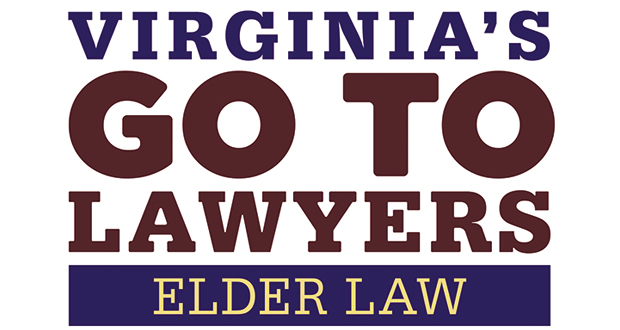|
If in-home care is not an option for you or your elder loved one, then you may be thinking about other kinds of long-term care and living situations. First, you should consider the level of independence you or your loved one has and the type of care needed. With this in mind, you will be able to narrow down the kinds of homes and facilities that can best suit your needs. Independent Living homes are also known as group homes, retirement communities, or residential facilities. These are small, private facilities that house roughly 20 residents or less who live in private or shared rooms. Residents receive personal care, meals, and access to staff, but nursing and medical care are not provided on-site. These facilities can house from 25 residents to over 100, and residents have their own apartments and share common areas. In addition to meals, housekeeping, laundry, 24 hour supervision, and social and recreational activities, the facilities also provide different levels of care, including aid in personal care and medication. Skilled Nursing Facilities are similar to assisted living facilities, but they generally have the most focus on medical care. They additionally provide supervision and security, as well as assistance with everyday activities and physical, occupational, or speech therapy services. CCRCs are communities that offer different levels of service or care in one spread-out location, where independent housing, assisted living, and skilled nursing are all offered. Where you live depends on the level of service you need, and various healthcare services and recreation programs are also provided.
0 Comments
Virginia Lawyer’s Weekly recently named partner Jeanne Hepler as one of their Go-To Lawyers for Elder Law!
Read the full interview here.
A Special Needs Trust (SNT) protects assets for someone who is chronically ill or physically or mentally disabled so that they can remain eligible for public benefits while being able to inherit or draw income from a separate fund.
Various benefits like Supplemental Security Income, Medicare, Medicaid, or other programs provide monetary assistance for qualifying individuals who make below a certain amount. SNTs are set up so that the individual has a resource that does not belong to them, but that they can still draw from. A trust of this kind does not count as part of the individual’s assets, therefore they can qualify for financial assistance while still retaining a source of income. Generally, the funds have to be used for certain purposes, such as medical expenses, payments for caretakers, transportation costs, and other things that public benefits do not cover. Having a protected source of income in a Special Needs Trust is incredibly beneficial for someone with a disability or chronic illness, where medical and living expenses are high but disability benefits can only go so far. It is important that the SNT gets established before the beneficiary turns 65 years old. There are different kinds of SNTs that accomplish the same goals—supplying the individual with income while they remain eligible for public assistance—but in different ways. Additionally, the party who creates the SNT will designate someone to control it. That person will oversee the management of the trust and disburse the funds to the beneficiary. The disabled or chronically ill person can put their own money into a first party SNT that they can draw from later. However, first party SNTs may be subject to Medicaid repayment rules, meaning that the money is still considered the individual’s and will be used to evaluate whether they qualify for financial assistance programs. There are also third party SNTs, which are also called Supplemental Needs Trusts, which have funds that get put into the trust by someone else, such as the parents of the individual, which the disabled or chronically ill person draws from later. These funds are not subject to Medicaid repayment rules and do not effect the beneficiary’s eligibility for public benefits. An SNT can be created as part of someone’s will or as a standalone. If the SNT is created under a Last Will and Testament or a Living Will, then the beneficiary cannot withdraw funds until the testator dies. If an SNT is created on its own and not part of someone else’s will, the beneficiary does not need to wait to withdraw funds. They are also designated as revocable or irrevocable, meaning that if the beneficiary has the power to revoke the trust, the assets will be considered available for Social Security and Medicaid purposes (remember, these programs consider the individual’s finances when deciding how many benefits they can award). If the SNT is irrevocable, the beneficiary cannot dissolve the trust and the assets cannot be seized by certain programs. When setting up a Special Needs Trust or any kind of fund for yourself or a loved one, you should consult an attorney to draw up a valid legal document that will ensure that the trust has a clear directive and purpose. Seek out an attorney who has experience in trusts, estate planning, elder or disability law. |
Collins & Hepler, PLCA small firm with big abilities Archives
May 2024
Categories
All
|




 RSS Feed
RSS Feed